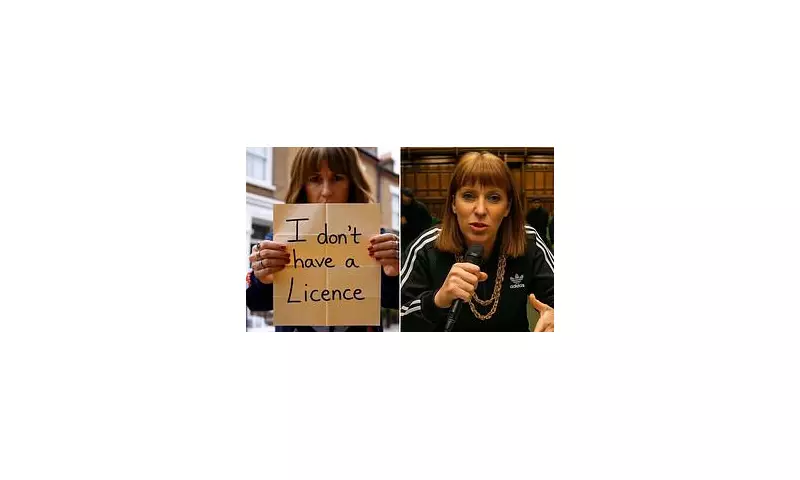
In a stunning revelation that exposes the dark underbelly of modern political campaigning, Labour's top brass stands accused of deploying artificially manipulated footage in their attacks against the Conservative government.
The Digital Deception Unmasked
Shadow Chancellor Rachel Reeves and Deputy Leader Angela Rayner find themselves at the centre of a growing controversy after Labour circulated an AI-generated video purporting to show Chancellor Jeremy Hunt endorsing damaging claims about Rishi Sunak. The sophisticated digital manipulation, which surfaced during the party's annual conference in Liverpool, has triggered widespread condemnation across the political spectrum.
How the Deepfake Unravelled
Digital forensic experts quickly identified multiple tell-tale signs of artificial manipulation within the controversial footage. The video, which Labour enthusiastically promoted across social media platforms, contained glaring inconsistencies in facial movements and audio synchronization that betrayed its synthetic origins.
Key indicators of manipulation included:
- Unnatural lip-syncing that failed to match the audio track
- Inconsistent lighting and shadow patterns across frames
- Digital artefacts around facial features during movement
- Audio waveforms that showed signs of artificial generation
Political Fallout Intensifies
The Conservative Party has launched a scathing counter-attack, with a spokesperson condemning what they called "a desperate attempt to mislead the British public using digital trickery." The scandal has prompted serious questions about the ethical boundaries of political campaigning in the age of artificial intelligence.
Meanwhile, within Labour ranks, concerns are mounting about the potential damage to the party's credibility. Several backbench MPs have privately expressed alarm about the incident, fearing it could undermine public trust at a crucial juncture in the political cycle.
The Broader Implications
This incident represents one of the first major cases where AI-generated content has been deployed by a mainstream political party in the UK, setting a dangerous precedent for future elections. Digital ethics experts warn that without robust regulation, such practices could become commonplace, potentially undermining the very foundations of democratic discourse.
The controversy has reignited calls for urgent legislation governing the use of AI in political campaigning, with cross-party support growing for clearer guidelines and stricter enforcement mechanisms.
What Happens Next?
As pressure mounts on Labour leadership to provide a comprehensive explanation, the Electoral Commission is facing calls to investigate whether existing campaign rules have been breached. The scandal threatens to overshadow Labour's policy announcements and could have lasting consequences for how political parties approach digital campaigning.
With general elections looming, this episode serves as a stark warning about the new frontier of political warfare – where truth and deception become increasingly difficult to distinguish.





